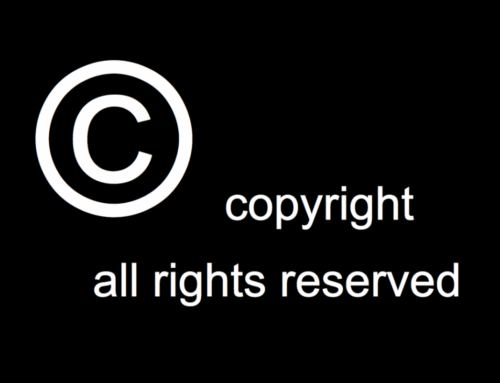This summer, the Federal Trade Commission (FTC) issued updates to its Guides Concerning the Use of Endorsements and Testimonials in Advertising. It also updated its practical business guidance, FTC’s Endorsement Guides: What People are Asking.
While the general idea hasn’t changed – endorsements must reflect the honest opinions, findings, beliefs, or experience of the endorser – the revised guidelines provide additional definitions, clarifications, and examples.
Among other things, the new guidelines give numerous examples of actions that are considered to be endorsements and make it clear that:
• Advertisers may not procure, suppress, boost, organize, publish, upvote, downvote, or edit customer reviews in such a way as to distort or misrepresent what consumers think of a product or service.
• Those who provide incentives for consumers to write reviews must not only advise those consumers to disclose the incentives in their reviews, but must also have reasonable procedures in place to monitor those consumers’ postings for compliance. Incentives include not just cash or free products/services, but an item as small as an entry into a sweepstakes.
• Similarly, every company should train its employees with respect to disclosures required when reviewing that company’s products or services. If the employer has reason to know employees are posting reviews about its products or services, it should also monitor those reviews.
• Fake negative reviews about competitors are prohibited.
Advertisers are subject to liability for misleading or unsubstantiated statements made through endorsements and for failing to disclose unexpected material connections between themselves and their endorsers.
The requirements for endorsers differ depending on whether the endorser is a consumer, an expert, or an organization, but an endorser is always subject to liability for making any representation that the endorser knows (or should know) is deceptive and for failing to disclose unexpected material connections between themselves and advertisers.
Advertising agencies, public relations firms, review brokers, and reputation-management companies may be liable for their roles in creating or disseminating endorsements containing representations that they know (or should know) are deceptive.
All required disclosures must be “clear and conspicuous,” which means that a disclosure is both difficult to miss and easily understandable by ordinary consumers.
Disclosures should be made in the same way as the representation that requires the disclosure. In other words, if the representation is written, the disclosure should be written; if the representation is audible, the disclosure should be audible; and if the representation is audiovisual, the disclosure should be made both visually and audibly.
A visual disclosure should stand out from any accompanying text or other visual elements so that it is easily noticed, read, and understood. An audible disclosure should be delivered at a volume, speed, and cadence sufficient for ordinary consumers to easily hear and understand it.
In interactive electronic media (e.g., the internet and social media) the disclosure should be “unavoidable,” and it must be clear and conspicuous on smart phones as well as computers.
Disclosures should not be contradicted by, weakened by, or inconsistent with anything else in the communication.
When an endorsement targets a specific audience, such as older adults, “ordinary consumers” includes members of that group. For example, in that situation, the disclosure will be evaluated from the perspective of older consumers, including those with diminished auditory, visual, or cognitive processing abilities.
The FTC also notes that practices used in connection with endorsements in ads directed to children may be questioned even where they would be acceptable in ads directed to adults.
Please feel free to contact us if you have any questions about the revised guidelines or need assistance in drafting appropriate endorsement policies.
Photo by Jenny Ueberberg on Unsplash






